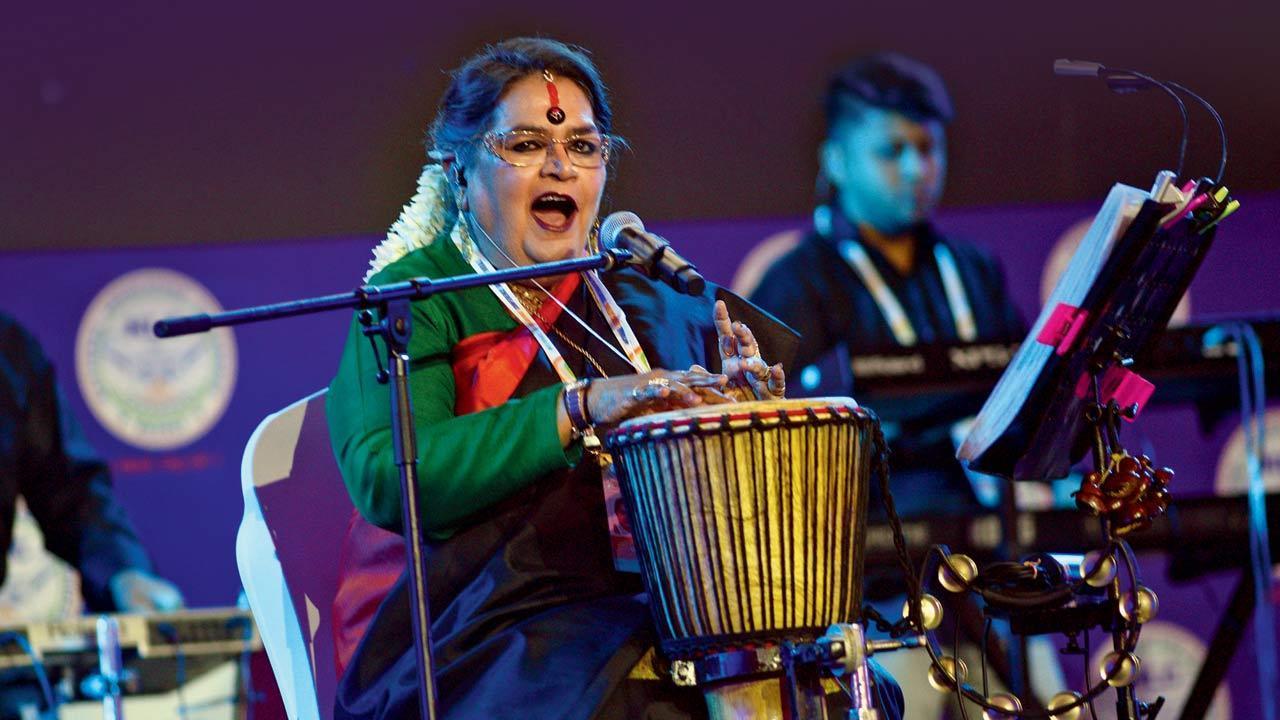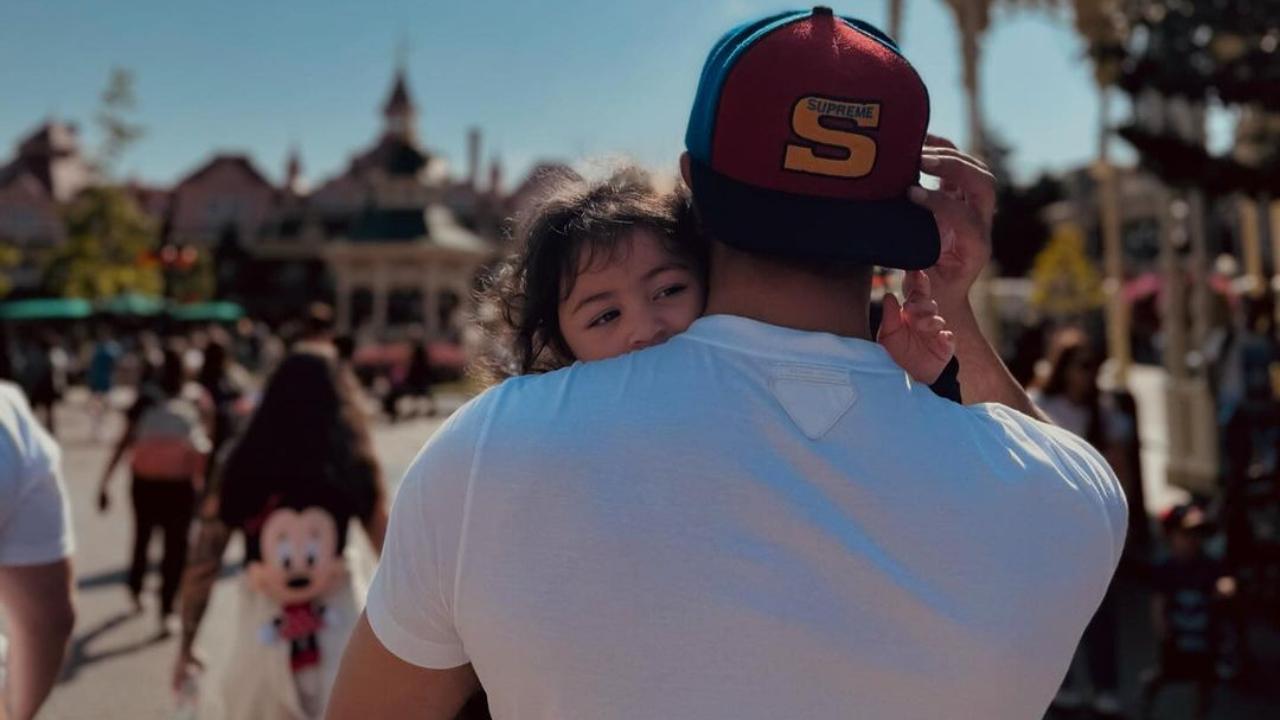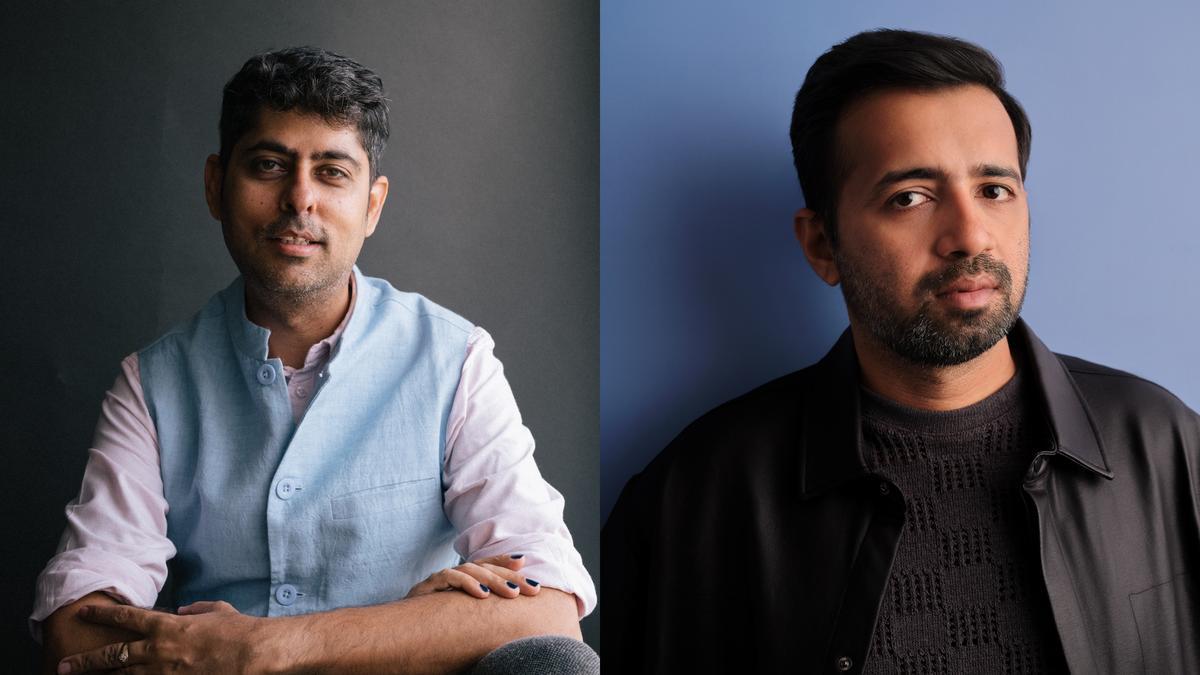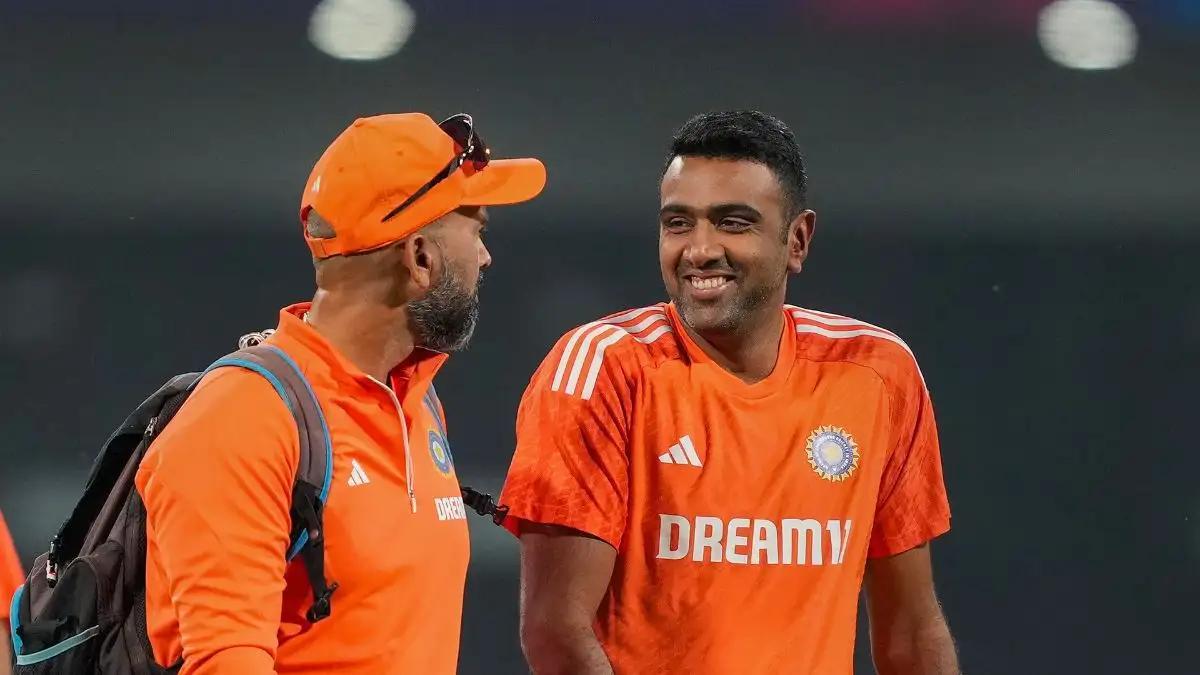
Mumbai: The notorious reality TV show, “Bigg Boss 18,” continues to grip audiences with its intense drama and perennial chaos. In the latest development, the upcoming episode promises a stormy exchange of words between actor Karan Veer Mehra and his co-inhabitants, Arfeen Khan and Avinash Mishra. The premise for this conflict is rooted in a task assigned to the housemates, a feature for which the show is infamously known.
The task, themed “Time Ka Tandav,” involves housemates pairing up to fill an hourglass with sand. The catch is that they must refill it before it empties entirely, presenting a formidable challenge of teamwork and timing. On what defined Day 1 of the task, Karan Veer Mehra found himself exasperated with Arfeen Khan for neglecting to assist him. Karan’s frustration boiled over, as he questioned Arfeen’s apparent indifference to what was a team effort. The tension hit its peak when Arfeen, irked by Karan’s accusation, retorted sharply with, “Aap faltu ki baat nahi karo mere saath,” an assertive dismissal of what he perceived as baseless complaints.
Karan, unwilling to back down, questioned the dismissiveness with, “Faltu ki baat kaise hui ye?” The task’s design necessitates cooperation, and when Avinash Mishra sided with Arfeen, suggesting that Karan was erroneous to have started the task alone, it further inflamed the situation. Avinash remarked, “Wahin wrong hogaya,” implying that Karan had prematurely taken action without consulting his partner.
An incensed Karan dismissed Avinash’s right to speak on the matter, leading to a fiery verbal skirmish between them. Avinash countered, “Ye mat bolo ke main bolne layak nahi hoon, baat ye hai ke tune akele start kar diya task.” Karan, unfazed by Avinash’s words, replied with a curt, “Tu tadak mat kar,” adding fuel to an already blazing confrontation.
Aside from the ongoing Karan-Arfeen-Avinash saga, Day 1 in the Bigg Boss house was marred with hostilities.
. Another heated exchange erupted between Rajat Dalal and Tajinder Bagga, further cementing the combustible atmosphere gripping the show. Yet, perhaps the most controversial fracas involved Chum Darang, an actress known for roles in “Badhaai Do,” and Shehzada Dhami.
The quarrel between Chum and Shehzada captured significant attention not only for its intensity but the sensitive undertones it invoked. Allegations flew when Shehzada, during a fiery discussion, made a contentious remark questioning Chum’s nationality due to her Arunachal Pradesh origins. Understandably, such an insinuation stung deeply, prompting Chum to spring back with her own fervent riposte. In a twist characteristic of the reality show’s penchant for drama, Shehzada fired back, accusing Chum of maneuvering into a victim narrative, stating she was “playing a card.”
The episodes that unfolded, although dramatic, continue to underscore the volatile and often unpredictable nature of “Bigg Boss.” Within the microcosm of reality TV entertainment, the ability to confront stereotypes, alongside personal dynamics encapsulated within high-pressure situations, continues to captivate millions of viewers.
As these narratives develop, the audience remains avidly glued to the screen, anticipating possible resolutions or escalations. In a hallmark of “Bigg Boss,” the combination of strategic, often divisive tasks with the raw display of emotions from contestants ensures that no single episode lacks drama or contention.
With Karan Veer’s outburst against Arfeen Khan and Avinash Mishra serving as a microcosm of the larger, ongoing drama, the Bigg Boss house promises further excitement and intrigue in coming days. This reality show not only provides a platform for entertainment but also offers a lens through which its audience can explore varied human responses under duress. Such televised drama reiterates the draw of human stories — potent, real, and unfiltered.










